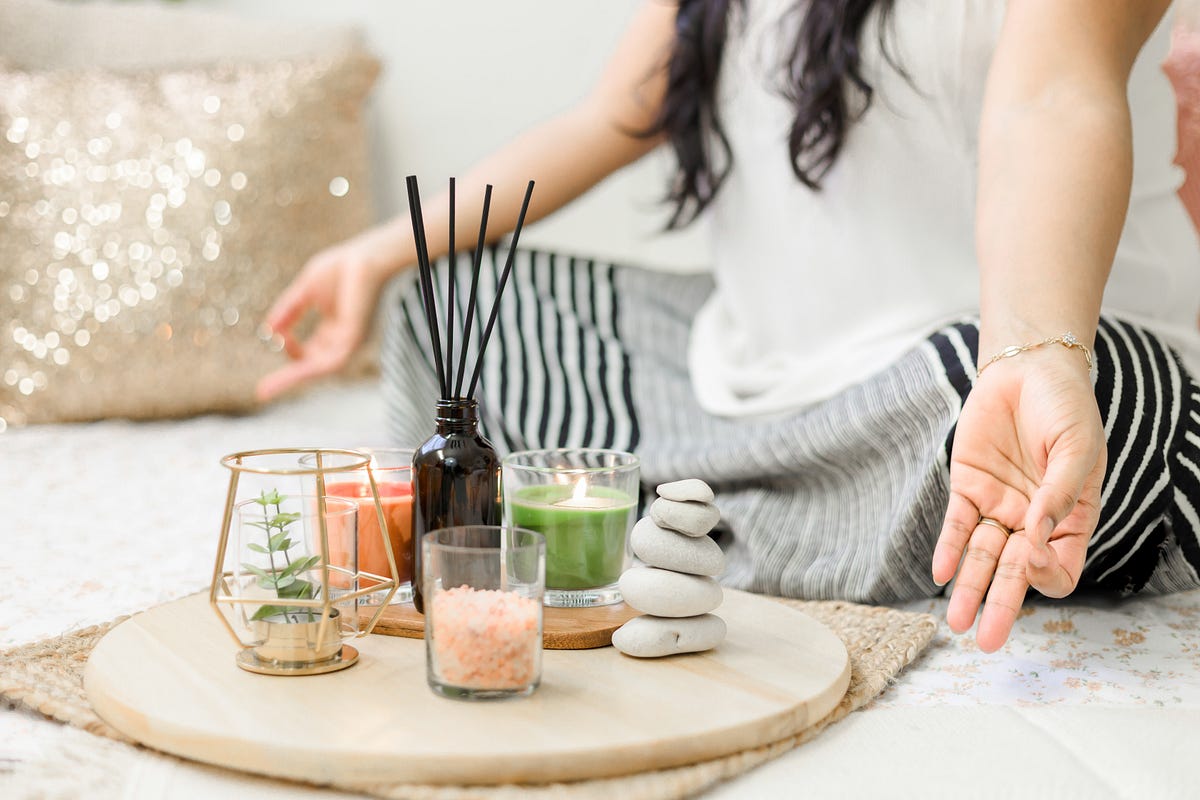
Mindfulness for the tough times
As in the above image, mindfulness is so often portrayed as this thing that is all soft and fluffy, perhaps stylish. It is something to aspire to, to be cool with, and it is fashionable. Most of all it is supposed to be pleasurable.
Possibly.
Sometimes.
And sometimes it is the opposite because life is not always soft and fluffy and pleasurable.
Mindfulness does not sort things out so you can avoid the tough stuff. In fact it does the opposite, and that is exactly why it is so important for everyone to practice.
Mindfulness asks you to look deeply into yourself, to ‘Know Yourself’. This is probably the single most important activity any of us can undertake in our lives. If we don’t know ourselves, how can we be our best? How can we get the best out of our potential to create our own life? It’s not about playing games, manipulating others, scheming and visualising. None of those will work well for us and can bring us downfall too, even if — like Trump for instance, or Boris Johnson, they appear to bring interim success. But that success is shaky and unstable. It is often built upon shifting sands and prone to collapse, sometimes spectacularly.
Even more often it’s a kind of success that does not bring the anticipated deep true happiness, inner peace and a contentment in life that allows one to live at one with the world. Constant striving and goal-driven achievement is only necessary to hone a craft, or skill, or to make the grade that you need for a career, for instance. A qualification which allows you to function professionally. Beyond that do you really need more?
I remember reading To Have or to Be by Erich Fromm, many decades ago now, and realising that the final outcome was all I ever focussed on. This was because it was all that mattered at school and at home with my parents too. Thus in their terms, I was a failure almost always. Now I work hard to overcome that early internal programming but also embrace what else I learned along the way. How have I developed as a person? What has changed in me by taking this course or reading this book?
My goals have shifted from achievement to personal development and growth. I strive to be a better version of myself, or rather to maintain the best in me and to allow the less skilful to dissolve. I still have to remind myself that we are all already our complete selves, it is only which seeds we water in ourselves that make up our presentation to the world in its various forms. If I water seeds of anger, then I am viewed as an angry person. If I develop my seeds of compassion for self and others then this becomes my dominant persona. But finding those possibly negative seeds and working out what has watered them in the past, how to weed them out and transform them into fertiliser for more mindful seeds. That is the value of challenging the deeply uncomfortable in one’s self, and deep dives with mindfulness make this accessible through the psychological aspects of Buddhist teachings.
To me, the greatest success of my life is my ability to continue to grow in spite of all I have gone through, since early childhood. Each trauma I have used to learn from, each challenge, I found myself stronger than I ever thought possible. Each layer that was peeled away from me I found someone I really admired and eventually learned to respect and love. Each quality I felt was a ‘bad’ aspect of myself, I found out that with care it could be used as a really valuable skillset, a truly important part of my nature. None of this would have been possible without truly digging deeply into who I was and why I behaved in certain ways. But most importantly of all, how I could stop being afraid of life, even those unconscious fears, to examine them all in the bluntness of mindfulness and recognise their pointlessness.
I am in my 69th year, over half-way through, and I can honestly say I have absolutely no regrets or lingering resentments or anger. I really have no desire to go back to anything, and no worries about going forwards. What happens will be what it is.
It is this mindful approach to life that liberates us from the emotional controls of past agendas and conditioning. I have lived through the ‘what not to do’ and the ‘ how not to live’ experiences that taught me this outlook. Now I have this moment, a place to dwell in this moment, to celebrate with huge amounts of gratitude that this moment is here, and an understanding that without all the mud, my lotus could not grow.